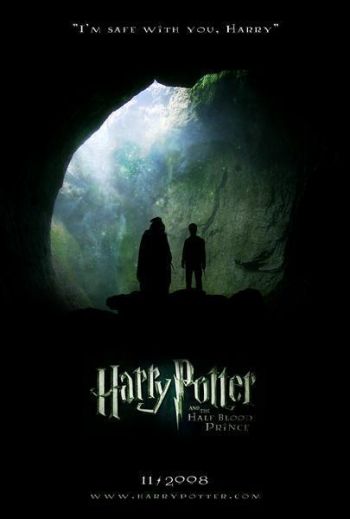
Everyone, has, at one point or the other, gone through a period of moderate to extreme self alienation. For me, it’s like a goddamn disease that relapses every half a month. This is not to intellectualize what is inherently the Acute Selfishness Syndrome (ASS), and which, I’ve heard, is often never detected or diagnosed in people who have been suffering from it. This probably explains why there are headaches.
The very first symptom is, undoubtedly, desensitization to news in general. From political protests to individual disaster accounts, nothing makes a welt on the surface. Secondly, it is not wholly uncommon to lose patience with family, yes, and friends. So whenever I have the glassy-eyed look when someone is expostulating something, it’s not that I’m not interested, it’s just that I’m not interested. Shocking, but true. But more than often, when I graciously decline to participate in a conversation, it’s a matter of being desensitized to speech in general. You know, the times when there is an innate trouble with your speech development and not quite with your vocal chords? People have a curious term to describe these instances: unease in society, which invariably equates you to a social icicle without meaning to do so. Somehow, I’ve always been surrounded by people who’ve been quite vocal for their support of good conversation, which makes me something of a recluse in their company. I’ve always wondered where they derive their inspiration from, to speak, to gesticulate, to…communicate. Which sounds lame, because it is standard human behaviour, and not to mention, also a socially conditioned one. But there must be people who feel this way, and not only in times of emotional distress, but in general day-to-day life. Is social ineptness the key, then? Or is it a conspicuous lack of self-esteem and self-worth? Or a pronounced aversion to society? But it may also be a peculiar unconcernedness and momentary disinterest that has a propensity to linger. Which isn’t an explanation at all. But which is exactly what I’ve experienced myself.
This entry is a case in point. I gradually lost interest as I progressed. Like holding a conversation, when people are frequently looking away or looking at their watches, searching very hard for an important appointment, or inventing, when necessary. I’d like to think that there is a reason behind this kind of behaviour, which doesn’t blame the persons involved of being naturally frigid, or of having a roving mind. Because there are moments in life when people are saturated with thoughts of their lives, and are unwilling to relive the aching familiarity by way of talking. It is a point, when there is perfect equilibrium, in a physical sense, and no transfer of data is necessary nor desirable. But what if this state of supposed equilibrium is a permanent behavioural pattern?
It is astonishing to contemplate as to how many people do not admit, even to themselves, that they are inherently, cold fishes, and even when they do, refuse to observe how frequently they are reverting to it, as a logical explanation for social frigidity. It is, obviously, a grave discredit to one’s personality, and not an excuse to be unconcerned and selfish. So, where does that leave me? Nowhere, apparently. I’m exactly where I was when I started out.
